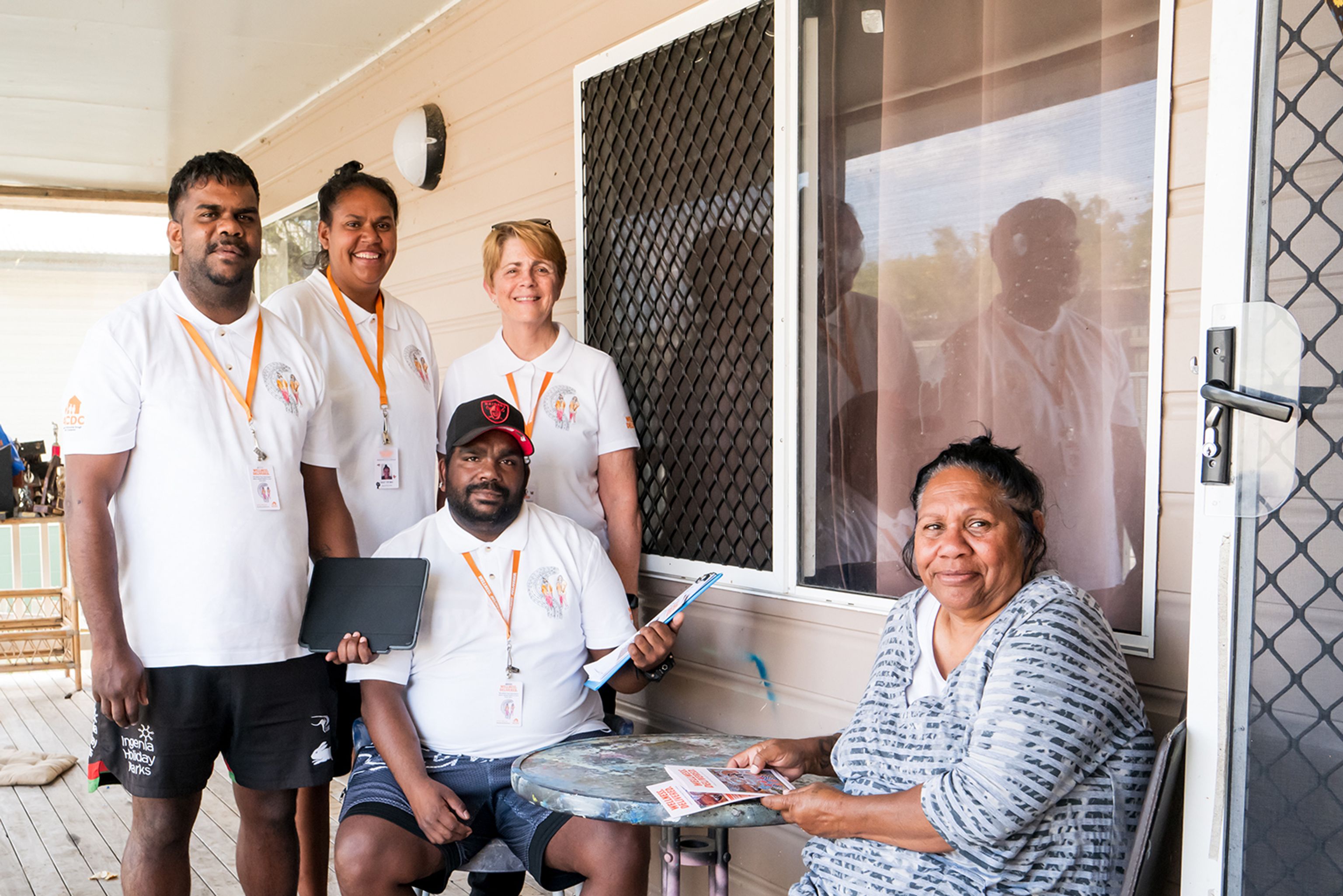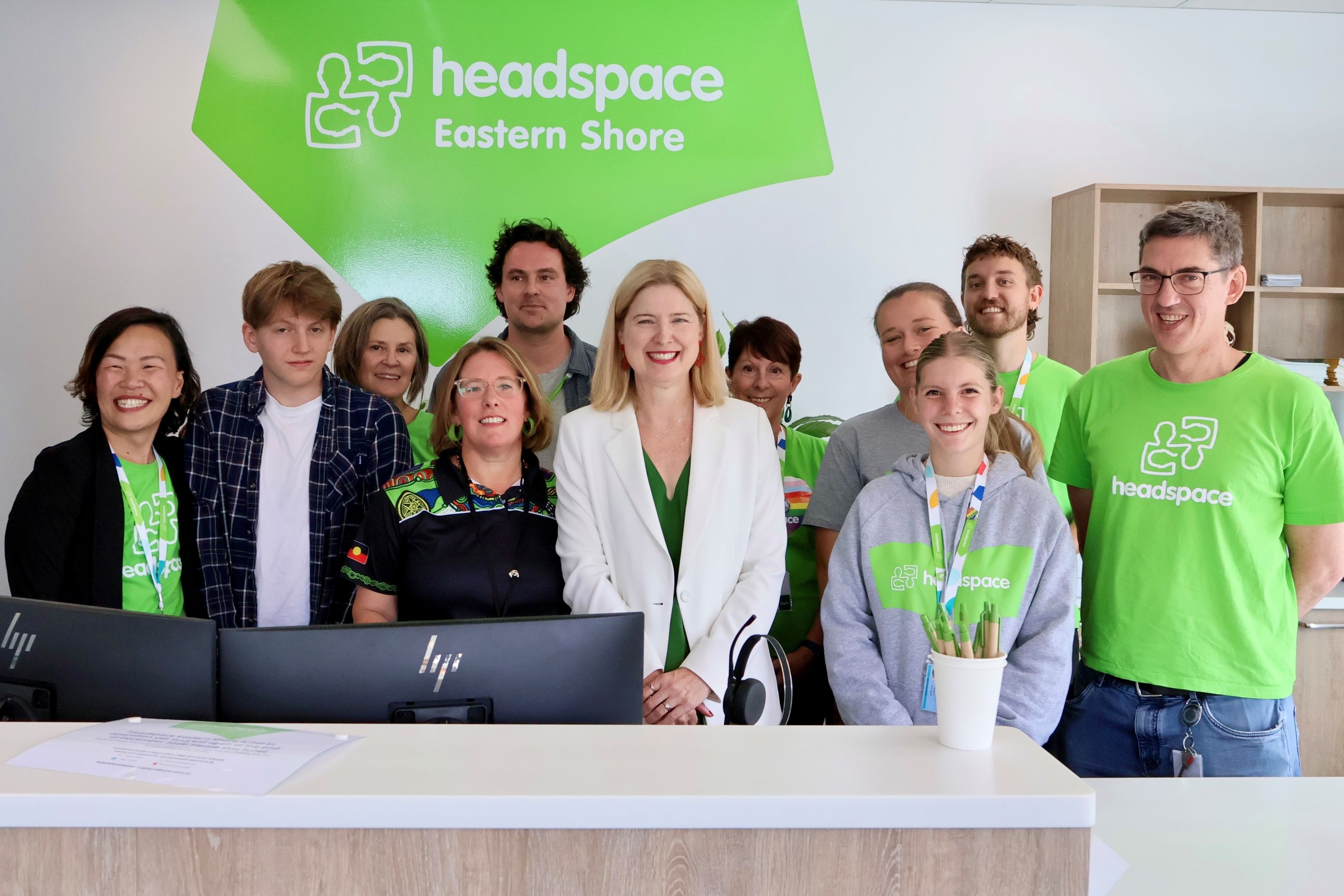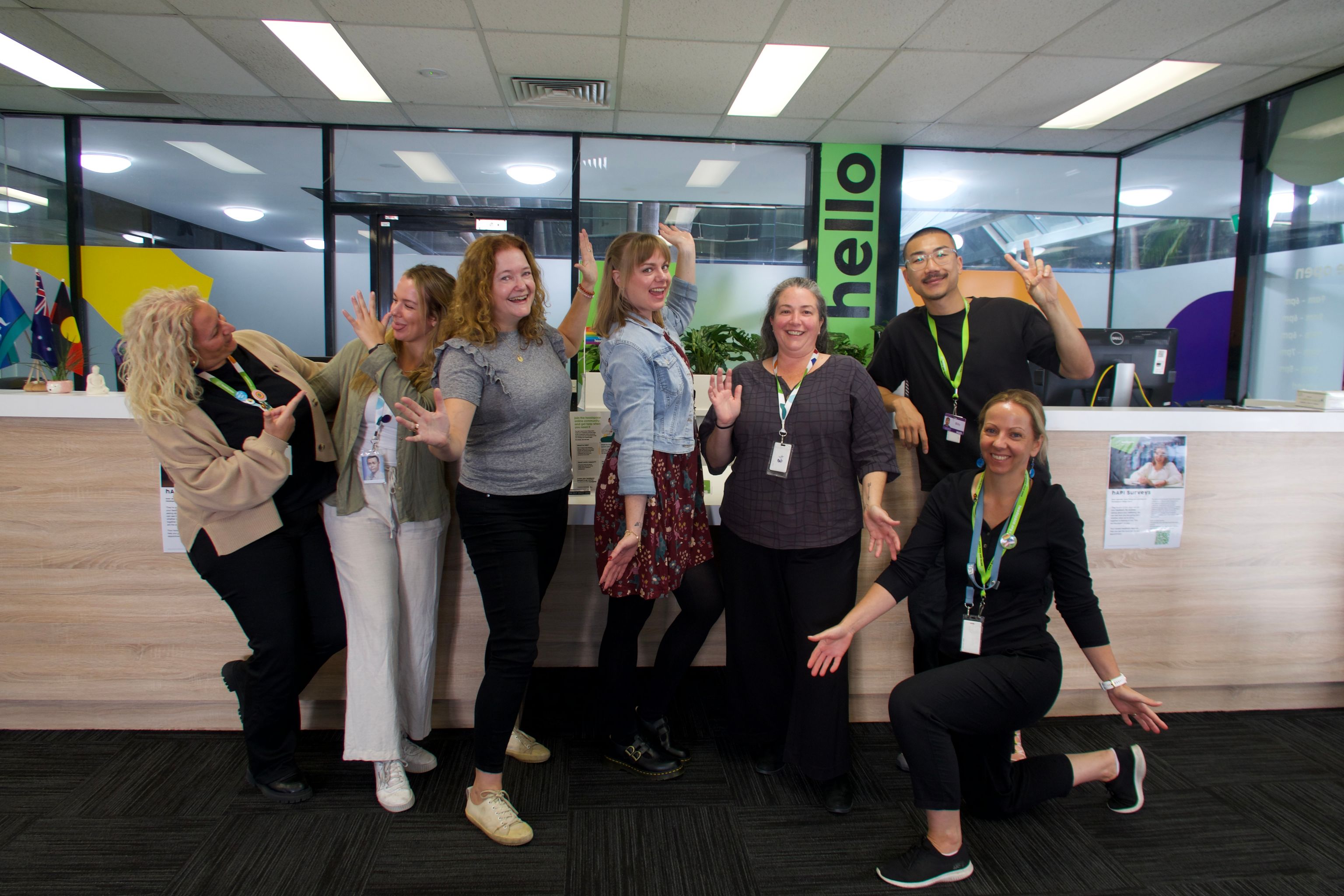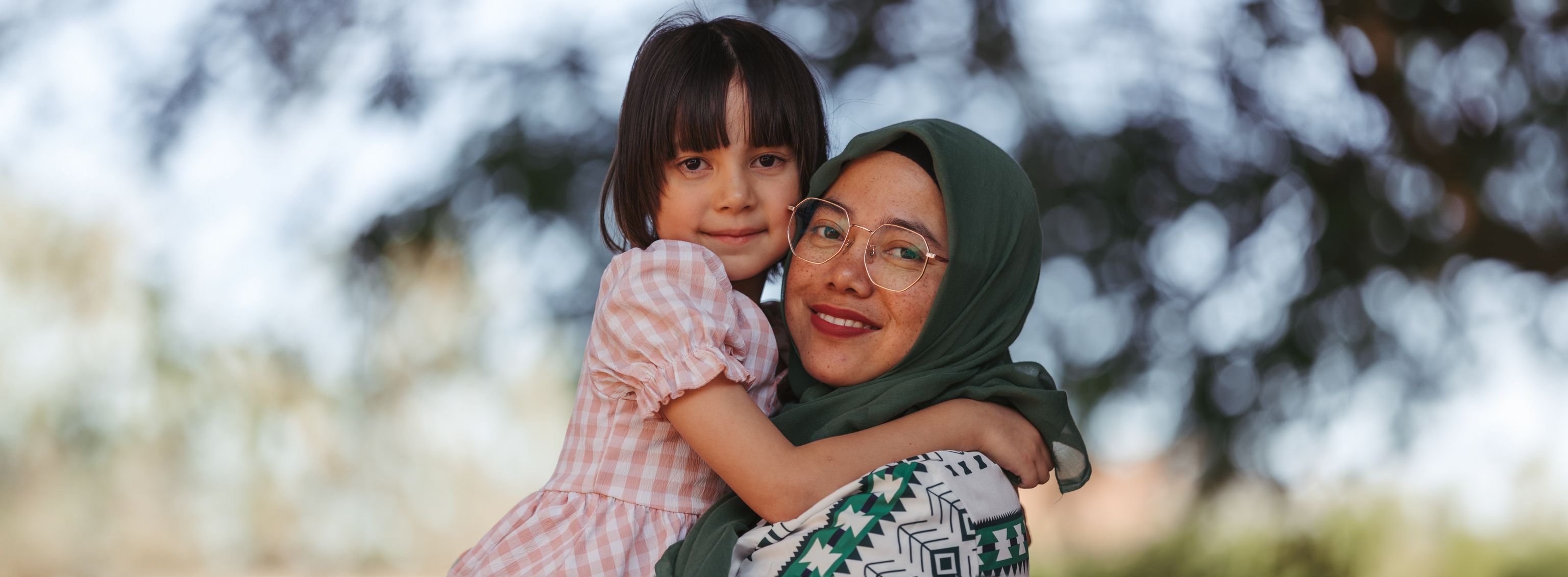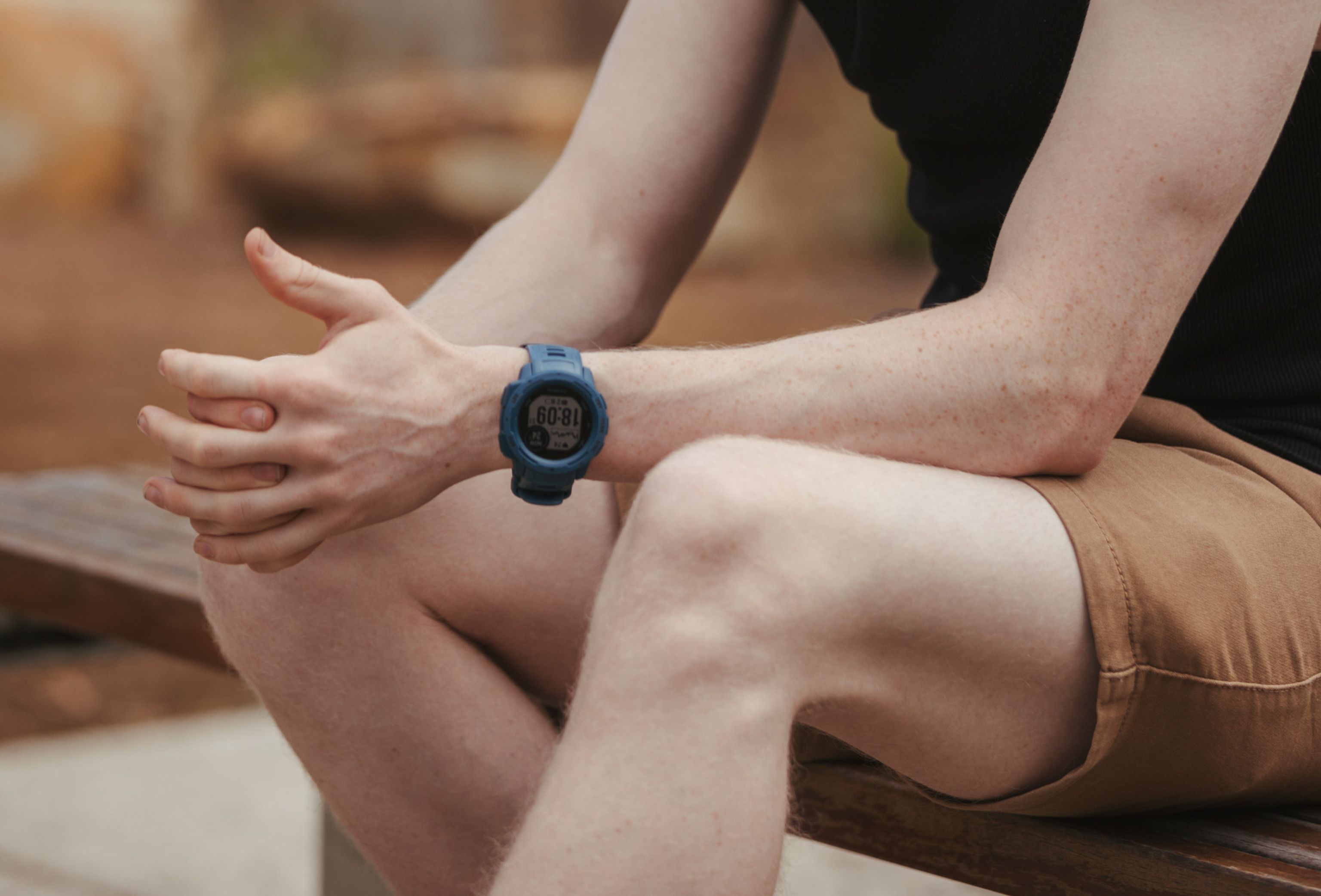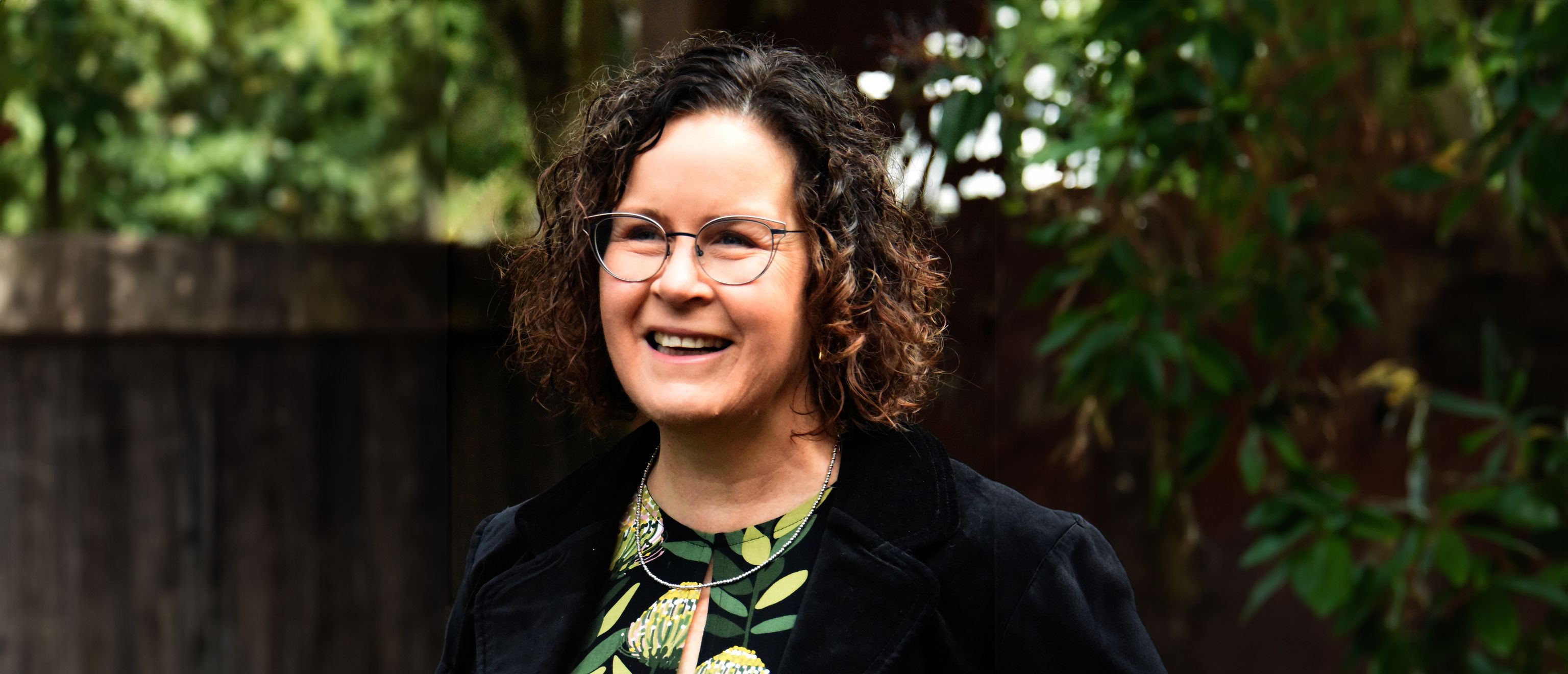The Assisting Communities through Direct Connection (ACDC) initiative had been to 26 neighbourhoods when we took it to the Cherbourg Aboriginal Community for the first time in 2023.
ACDC, funded by Community Mental Health Australia (CMHA), uses house-to-housedoor-knockingto initiate informal conversations about mental wellbeing. Tailored information including booklets and fridge magnets are provided and teams can link householders with services on request.
But in Cherbourg, it quickly became apparent that a different approach was needed.
Morning and afternoon teas, barbeques and a bush tucker picnic day were among the approaches developed as a more comfortable alternative to door-knocking and individual conversations. Conversations about social and emotional wellbeing were used in place of more clinical discussions about mental health.
The initiative took place during the lead up to the 2023 Voice Referendum, an acutely difficult time for many Aboriginal and Torres Strait Islander people. Increasing supports for team members was therefore another essential component of the redesign.
Community feedback was powerful.
“I’ve been grieving for six years and no one (had) asked me how I was doing,” said one Community member. “When you get older people just assume you cope with death and dying—it can be lonely.”
Another shared their realisation that “I might, in fact, have a touch of depression and I hadn’t really given it a great deal of thought”.
Each lead, Yagara woman Murryann (Annie) Reeves, said that failure to ask Aboriginal and Torres Strait Islander people what they needed was a perennial failing of mainstream service commissioning and delivery.
Annie says working together with the community and funders helped them create a service that people felt comfortable using.
Fortunately, in this instance, we had the opportunity to collaborate with Community and our funder to create a service that people wanted to engage with.
— Annie
Funder CMHA brought welcome flexibility to the table. CEO Kerry Hawkins said: “As an organisation we realised it was necessary to let go of some control and give the Community leads space to see what worked for them.”
The UWA’s Centre for Social Impact found the results were positive.
“The findings from the doorknocking initiative in Cherbourg, Queensland, provide a roadmap for how agencies and funding bodies can work more proactively and collaboratively with Aboriginal Communities to adapt initiatives, while meeting accountability for funding bodies and local cultural governance,” the report said.
"The learnings…provide examples of the kind of adaptive thinking – and respectful consideration of the cultural contexts of Aboriginal Communities – that is needed for those who design and commission programs, or who are interested in implementing initiatives in ways that better meet the needs of Aboriginal Communities.”
Our thanks to our team of Community Connectors, to Community Mental Health Australia, and especially to everyone in Cherbourg who engaged with the ACDC service.
Pictured above: Community Connectors in Cherbourg speaking to a member of the Community at her home. Photo provided by The Centre for Social Impact.
